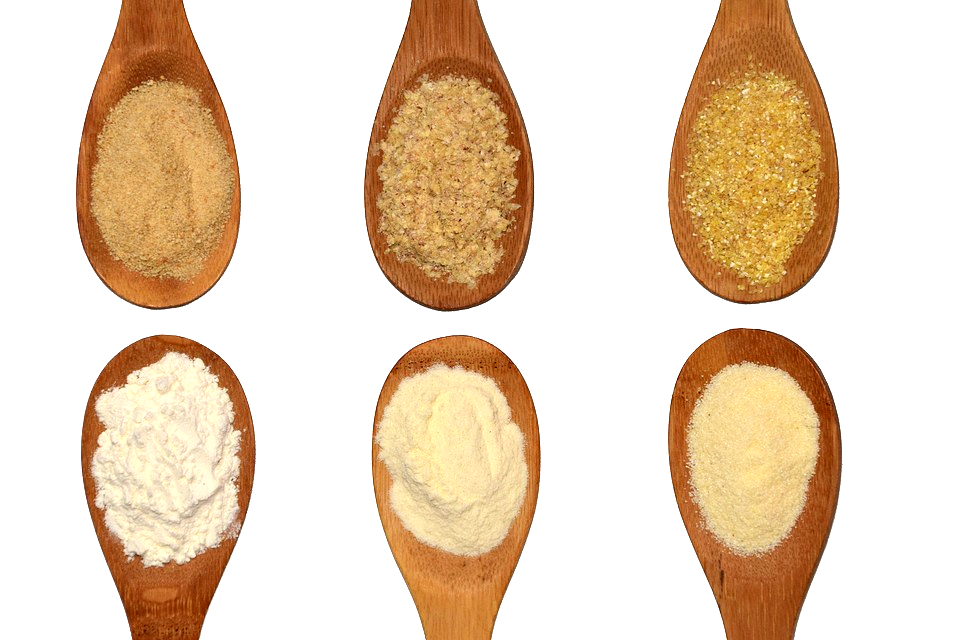Do eggs hurt your health?
Here are all the scientific studies that deny this lie about the oldest food in the world
“My doctor advises me to pay attention to the eggs for the contents of cholesterol. How many can I eat? ” – F.R. – Rome
The opinion on eggs is very contrasting among patients.
Some consider them the most nutritious food in the world, others fear them for their cholesterol.
In this article I’ll explain everything you need to know about one of the oldest foods in the world and all the studies that say how good eggs do
But what’s inside the egg
Hen’s eggs are highly nutritious
They are a very rich source of complete proteins in important quantities, and of high quality.
High quality means that when we eat an egg we also take on all the essential amino acids that the body can not produce on its own.
Eggs have significant amounts of vitamins and minerals:
- vitamin A
- riboflavin
- folic acid
- vitamin B6 and B12
- choline
- iron
- calcium
- phosphorus
- potassium
We must not forget the lipid component, essential for proper nutrition.

Fats in quantity are less than proteins.
- only 65% are triglycerids (against 98% of other foods)
- phospholipids (30%) which confer salutistic and functional properties, which are fundamental components of the human cell membrane.
- we also find the very important lecithin (contained in the yolk, which I’ll talk to you later)
Eggs and cholesterol
The fats of the egg despite being of animal origin, are mainly monounsaturated and polyunsaturated such as vegetable olive oil for example.
But there is also another good news: recent studies have confirmed that moderate consumption of eggs is not associated with an increased risk of cardiovascular disease.
This was exactly what Umberto Veronesi said, a doctor who has fought his life on the correct diet for cancer prevention. These studies have destroyed old prejudices, putting the consumption of eggs in a healthy diet. Eggs unfortunately have had a bad reputation in the past: that of causing high levels of cholesterol.
Let’s begin to deny the old beliefs.
Do eggs hurt? Absolutely not
Let’s read together the latest studies on nutrition and eggs
A new Australian study fully rehabilitates them:
“Researchers at the University of Sydney have shown that eating too much egg does not have that effect, even in people at high risk for heart disease.”
The clinical trial led by nutritionist Nick Fuller shows that type 2 diabetes patients who ate two eggs a day for six days a week showed no increase in cholesterol levels over a three month period.
Now I quote another study, described in the American Journal of Clinical Nutrition.
140 people were divided into two gorups:
- the first group ate two eggs a day for sx days a week
- the second less than two eggs a week.
All participants replaced “bad” saturated fats, those of meat, with foods containing “good” unsaturated fats, such as olive oil for example.
«The study shows that eggs are not dangerous if combined with a healthy diet. Patients with type 2 diabetes may actually benefit even more. Because eggs are a great source of protein and micronutrients such as carotenoids (for eye health), arginine (for healthy blood vessels), and folic acid (for healthy pregnancies and cardiac health)» writes researcher Fuller.
Eggs are good for children’s brain development.
Grandmather ‘s old recipes find great scientific value today
Children who eat eggs from six months of life have higher blood levels than:
- choline, a nutrient that acts like vitamin B
- docosahexaenoic acid, an omega 3 fatty acid
Both play vital roles in the development and function of the brain.

These are the results of a study by the Washington Brown School University of Saint Louis, published in the American Journal of Clinical Nutrition.
“Like milk or seeds, eggs are designed to support the growth and development of an organism and are therefore dense in nutrient content”, explains Lora Iannotti, principal manager of the study.
“Eggs provide:
- essntial fatty acids
- proteins
- choline
- vitamins A and B12
- selenium and other essential nutrients
Nutrients comparable to those found in other food products of animal origin, but without the health risks of red meat”.
Cholesterol and eggs: some numbers
Numbers never lie, here are the true levels of egg cholesterol
This belief of the past today we have seen has been denied by more and more studies of the major universities and accredited scientific journals.
But let’s see a few numbers now to better understand.
An egg has an average of 189.87 mg of cholesterol. The recommended daily dose is 300 mg / day!
Clear? We can eat one egg a day with a healthy and balanced diet and be absolutely safe.
Let’s see another example instead.
In 70 gr of dry egg pasta: there are about 70.5 mg of cholesterol.
With a portion of dry egg pasta, we are therefore well below the recommended 300 mg per day!
But cholesterol is not just bad, as we know there is also the good one.

Here we enter a more specific question: pay attention if you want to find out everything about the eggs that hurt according to the old beliefs …
The role of lecithin: why eggs do well and are so digestible?
Lecithin favor the transformation of Ldl (bad) cholesterol into the good one, Hdl.
An egg contains about 23.4 mg of lecithin.
The presence of lecithin favors the reverse transport of cholesterol from the arteries to the liver, enhancing the activity of HDL (good cholesterol).
What does it mean?
Practically the lecithin take cholesterol from the deposits in the arteries and send it to the liver where it is metabolized and transformed.
Lecithin also increases brain performance and facilitates the digestive processes of the food, in this case the eggs.

It is one of the reasons why eggs are easily digested, even for children.
Numerous studies have shown different properties of lecithin: this, together with polyunsaturated fatty acids, is the most important antagonist of cholesterol.
Lecithin is helpful in treating liver disease, thanks to its lipotropic choline and inositol components.
The harmonic balance of lecithin, bile acids and cholesterol in the bile liquid is an important condition to prevent the formation of gallstones.
Lecithin has proved suitable for preventing both the diseases of the cardiovascular system caused by fat deposits and the degenerative alteration of blood vessels.
Moreover, under certain conditions it helps to improve the elasticity of blood vessels and hinders the deposition of cholesterol on the walls of the arteries.
Here are denied those old beliefs that we have read too many times.




